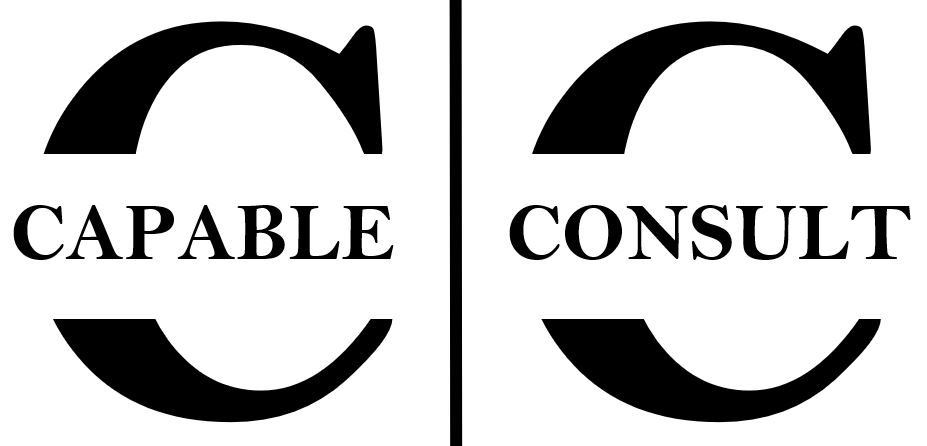We understand
Your organisational challenges
Your organisation needs to be able to exploit opportunities and innovate in order to deliver real customer value. You need to focus on your customers and what you can bring to them, not the other way around. Creating engagement and retention are your critical success factors. In order to achieve them, you have to be willing and able to reinvent not only your product, but also yourself. You need organisational agility, which is particularly linked to three types of situations.
Change Management
Change is vital, for your customers and for you. But along with change come a lot of challenges, especially on a human level. We help you tackle them head-on.
Mergers & Acquisitions
M&A’s are particularly prone to failure. It goes without saying to do due diligence on the books, and managing people comes in second. But your hardest challenges are not in the finances. Your remedy? Manage your M&A at both organisational and people level.
Organisational Culture
Your organisational culture impacts your teams, customers and partners. A consciously created culture can turn out to be your strongest asset.
Tackle things head-on
Change Management
Change is vital, it brings a new wind, it’s great … on paper. But so damn hard in real life. That new org chart that never made your company any leaner, that new software only half of your company actually uses, … Initiatives you spent a lot of money and time on and that seemed really good, necessary even, to improve and to grow. And yet they failed, adding to the statistic of 70% failure rate when it comes to change implementation.
%
Of change projects succeed in general
%
of change failures is due to employee resistance
Change makes people go in “high alert mode”. Effective change management is not just “telling and selling”, it makes everyone who is involved actually get on board.
Not because the change wasn’t necessary or it wasn’t well thought out. But because no matter how little or big the change, it makes people go in “high alert mode”. Whether out of excitement or skepticism, everyone reacts differently to change. When you explain your great plan, people might not even listen, being caught up in their own thoughts on what this means for them. And why wouldn’t they be if it impacts them on a daily basis (and if maybe previous changes haven’t had the desired results).
So what does it take to be a part of that successful 30%? Effective change management isn’t just “telling and selling” your idea. Along with change come a lot of challenges on a human level. Effective change management tackles them head-on, so that everyone concerned by the change actually gets on board. That’s not an easy task, but it is one we are here to help you with.
Begeleid uw organisatie op alle niveau's
Fusies & Overnames
De uitdaging bij een fusie of overname
Niemand is zo gek om een fusie of overname zelfs maar te overwegen zonder een grondige doorlichting van de boeken. Maar 83% van de fusies mislukken. Niet omdat de cijfers niet klopten, maar omdat de culturele, leiderschaps-, strategische en persoonlijke aspecten over het hoofd werden gezien, of werden onderschat en onvoldoende gemanaged.
Bij een fusie of overname draait alles om het creëren van toegevoegde waarde. In een succesvolle fusie is de waardevergelijking van de fuserende bedrijven 1+1 = 3. En het geheime ingrediënt om dat te bereiken, zijn uw medewerkers. Maar al te vaak is er na een fusie of overname een belangrijke toename van actief onbetrokken mensen - u weet wel, degenen die eindeloze "lunchmeetings" houden en pingpong spelen tot ze hun retentiebonus krijgen. Daarbovenop neemt het aantal zeer geëngageerde mensen aanzienlijk af, tot mogelijk zelfs de helft. Aangezien het ongeveer 3 jaar duurt om terug te keren naar het niveau van vóór de fusie, kunnen deze schommelingen in de betrokkenheid een aanzienlijke tol eisen van uw bedrijf.
Uw oplossing voor een geweldige fusie of overname
In uw streven naar die toegevoegde waarde die een glimlach tovert op het gezicht van uw mensen en uw aandeelhouders, zijn uw (nieuwe) cultuur en de werknemersbetrokkenheid die daarmee gepaard gaan, risico's maar tegelijkertijd ook grote kansen. Uw medewerkers willen begrijpen wat voor organisatie u aan het (her)bouwen bent en welke toekomst dat voor hen inhoudt, dus is het belangrijk om te werken aan gedrag, culturen, relaties en de omgeving. Tijdens dit proces bestaat er niet zoiets als overcommuniceren.
Om u te helpen deze uitdaging voor te bereiden en te weten waar u aan toe bent, kunt u met onze tools de bestaande culturen van de fuserende organisaties meten. Dit helpt u om een duidelijk beeld te krijgen van de compatibiliteit van de twee organisaties: zijn ze een "match made in heaven" of is er nog wat cultuurtherapie nodig? Op basis van de resultaten kunt u een strategie uitstippelen voor een gezonde fusie op lange termijn, terwijl u er ook voor zorgt dat u quick wins behaalt. En natuurlijk zijn wij er om u te helpen!
23%
toename van actief onbetrokken medewerkers
2-3 jaar
tijd om terug te keren naar het niveau van betrokkenheid van voor de fusie
90%
van falende fusies & overnames zijn te wijten aan menselijke aspecten
20%
van fusies & overnames slagen (inclusief de uwe)
One of your strongest assets
Organisational culture
Whether or not it’s been explicitly articulated, every company has an organisational culture. It’s not just about fancy ideologies, it’s about how things are really done in your organisation – for better or for worse. It’s important, not because it’s trendy or we tell you so. It’s important because it impacts your brand image, company success, and not in the least your (possible) employees.
No less than 61% of employees report company values as one of the most important things that should match during an interview. A good fit with the organisational culture leads to greater job satisfaction and job performance. And it’s exactly this positive energy that turns your customer experience into a thriving environment too. Because in reality, everyone has a customer – whether in the front line of your organisation or the back office of your team.
Your organisational culture should serve your company’s vision and goals. It’s key to not only identify your culture, but to know how you can let it evolve to better serve those goals. That requires a concrete and practical approach, in which we can guide you.

We take your merger serious
“Of course the merger was a success. Neither companies could have lost that much money on its own.“
Steve Case, Former AOL Chairman and CEO
